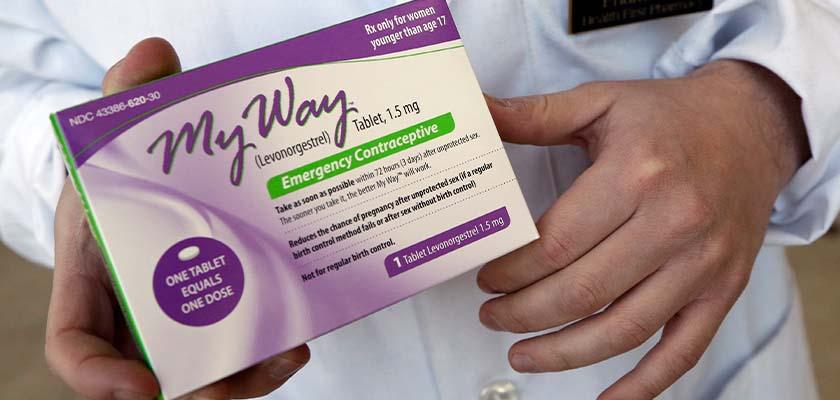The Alabama Attorney General’s (AG) office has stated that emergency contraceptives, commonly called “morning-after pills,” are not covered in the state’s recent abortion ban.
In light of the overturning of Roe v. Wade by the Supreme Court of the United States (SCOTUS), Alabama has implemented a near-total abortion ban which was passed in 2019.
The Human Life Protection Act was signed into law by Gov. Kay Ivey in 2019 before being blocked by U.S. District Judge Myron Thompson.
After the SCOTUS ruling, Thompson lifted the injunction, and the law went into effect.
The law prohibits the use of drugs or procedures that would knowingly end a pregnancy, offering exceptions for closely defined medical reasons that would seriously threaten the health of the mother.
Since the Alabama law defines an unborn child as an “an unborn child in utero at any stage in development, regardless of viability,” some were concerned medications designed to prevent implantation, commonly called “morning-after pills,” could be made illegal since they could possibly result in the destruction of a fertilized egg; a question that lingers in many states.
According to The Guttmacher Institute, Alabama defines pregnancy as beginning at fertilization, not implantation. The Institute further claims that the medical consensus is a pregnancy officially begins at implantation.
Emergency contraceptives such as Plan B (over the counter), or Ella (prescription), are designed to either prevent the implantation of a fertilized egg in the uterine lining or prevent or delay ovulation altogether.
Intrauterine devices (IUDs) function similarly to other emergency contraceptives.
Contraceptives are distinguished from medications specifically designed to end pregnancies that are further along.
“Abortion pills,” such as RU-486, can be taken as late as 11 weeks to end a pregnancy.
According to the AG’s office, abortion pills will not be permitted under the 2019 law.
The AG’s office has clarified the question of contraceptives, stating that emergency contraceptives are not currently covered under the 2019 law.
“The morning-after pill, Plan B, and similar medications are generally used as contraceptives and are indicated for use before a woman is capable of knowing she is pregnant,” said Mike Lewis with the AG’s office. “Standard use of these medications is not prohibited by the Alabama Human Life Protection Act. Medication abortion drugs like RU-486, however, are prohibited by the Act. ”
To connect with the author of this story, or to comment, email craig.monger@1819news.com.
Don’t miss out! Subscribe to our newsletter and get our top stories every weekday morning










